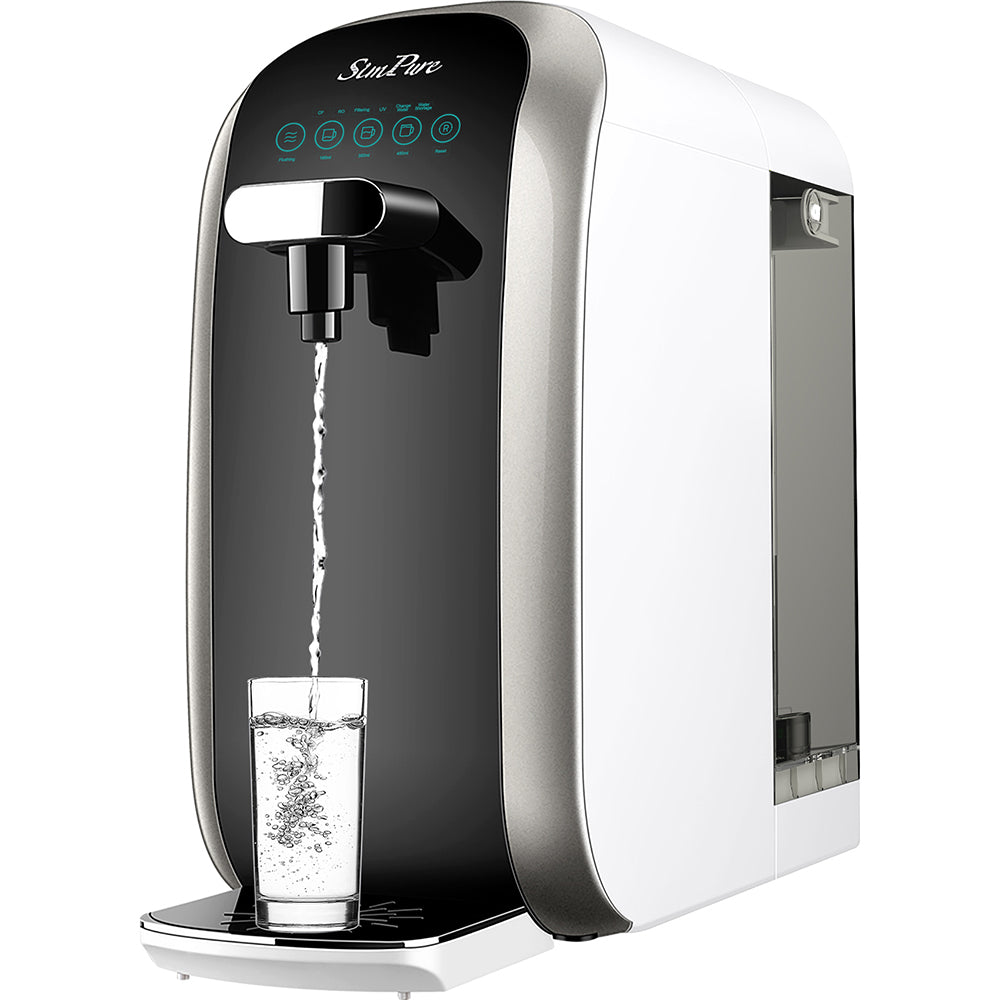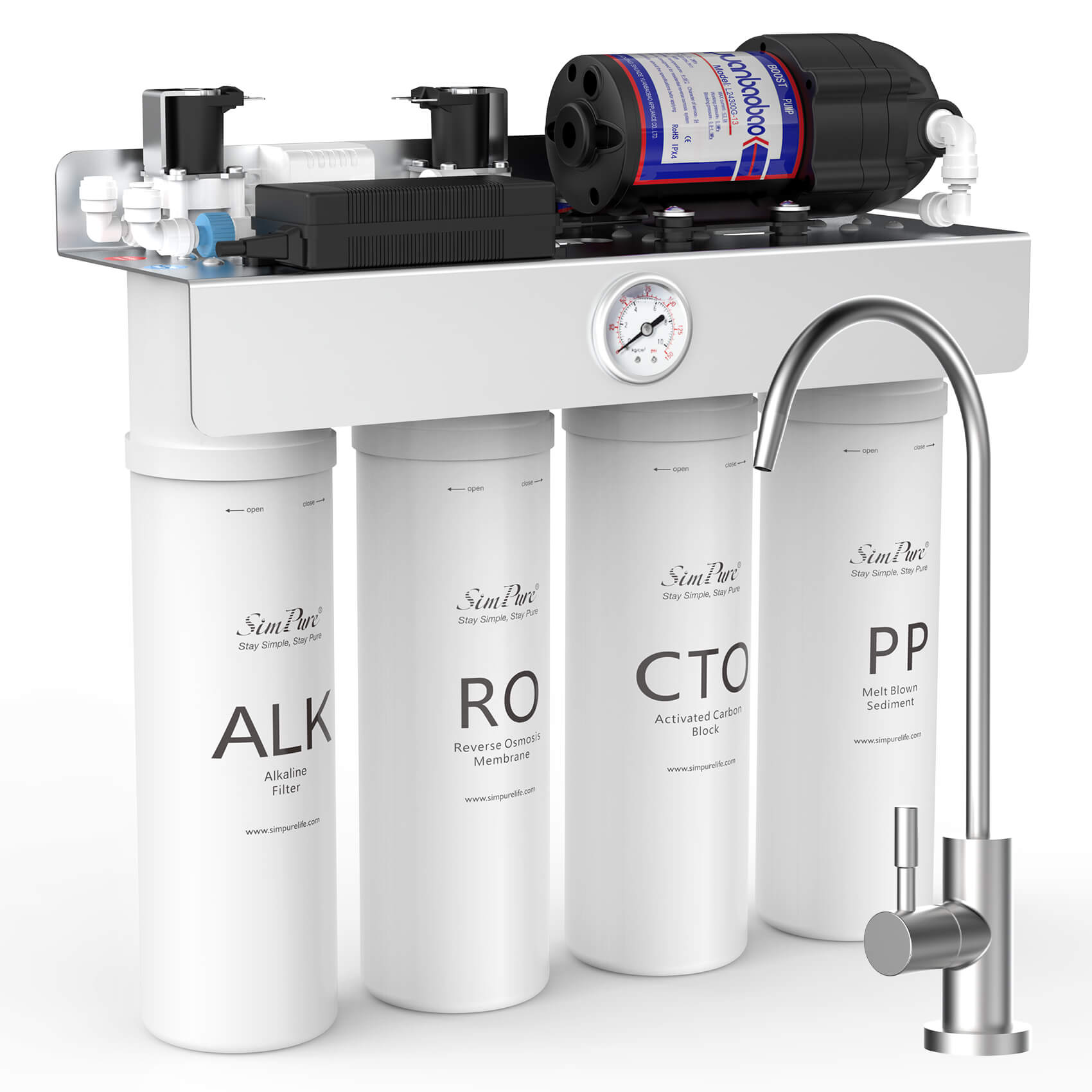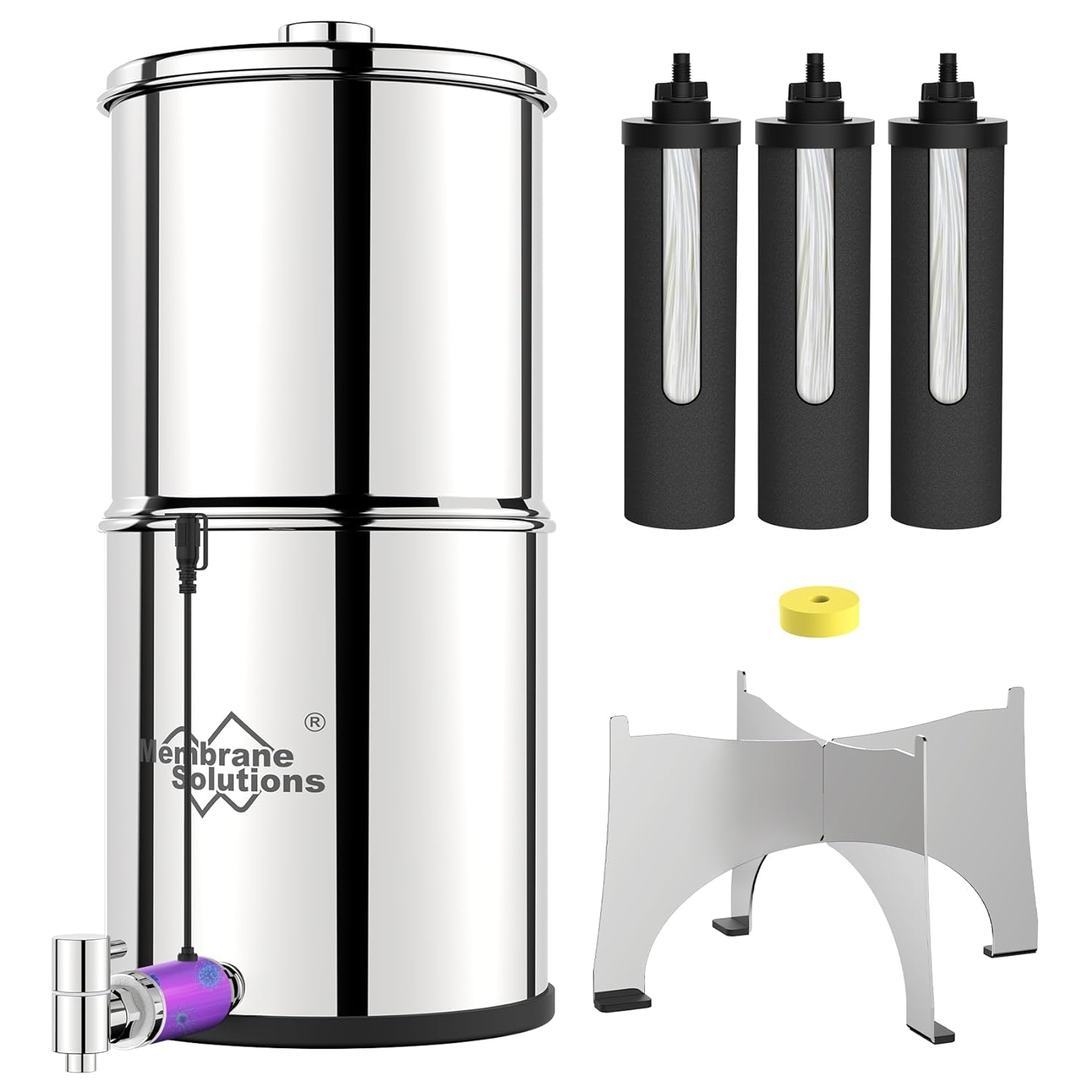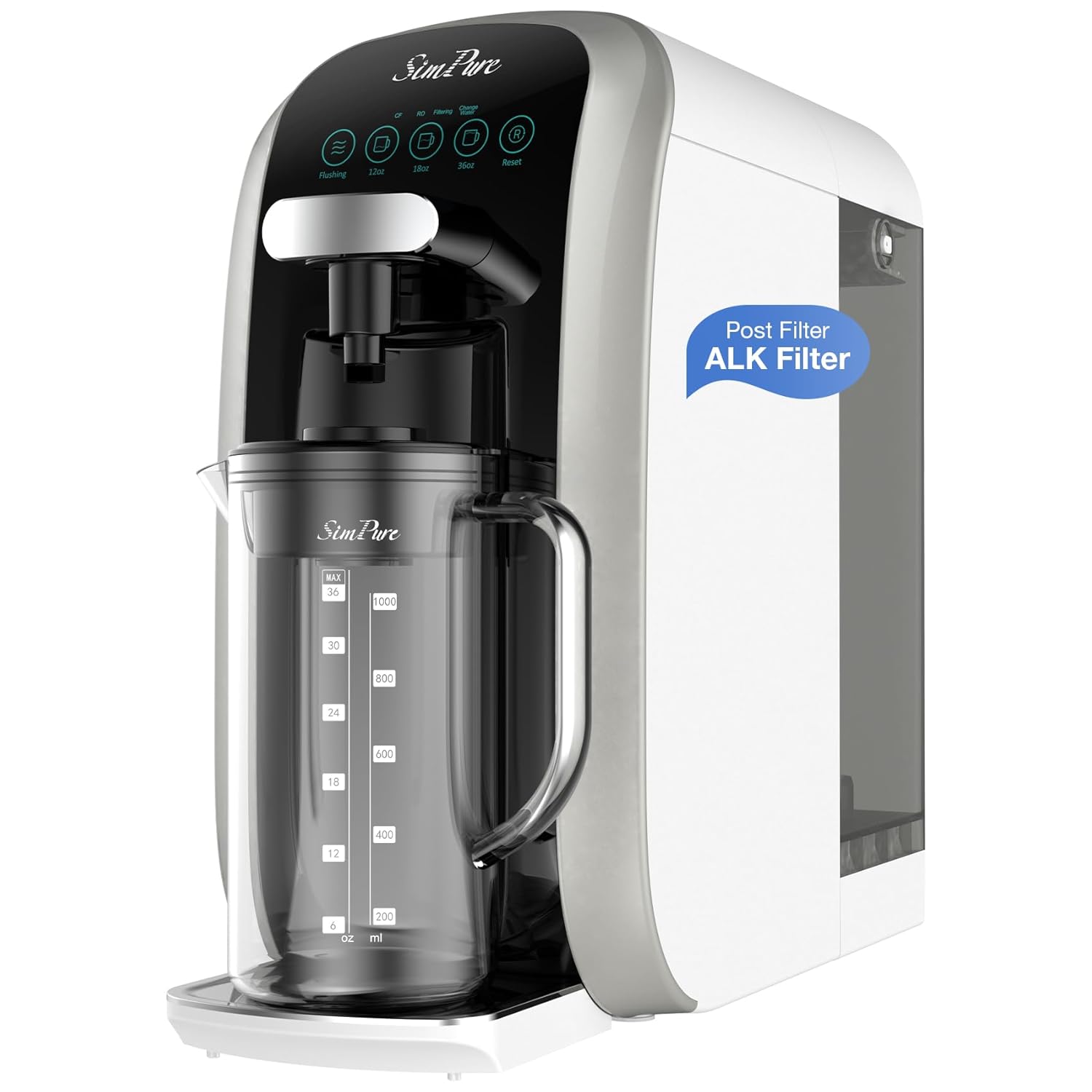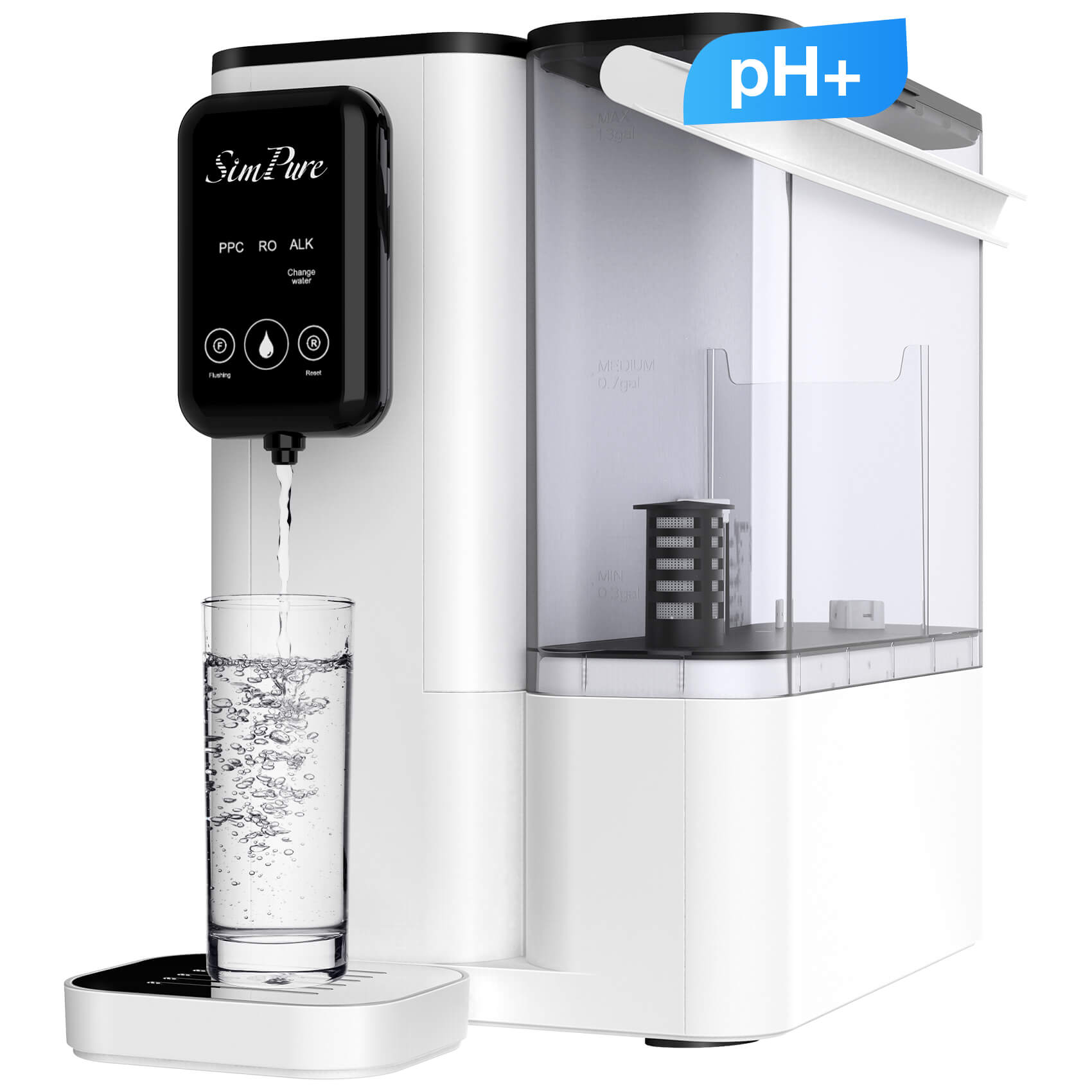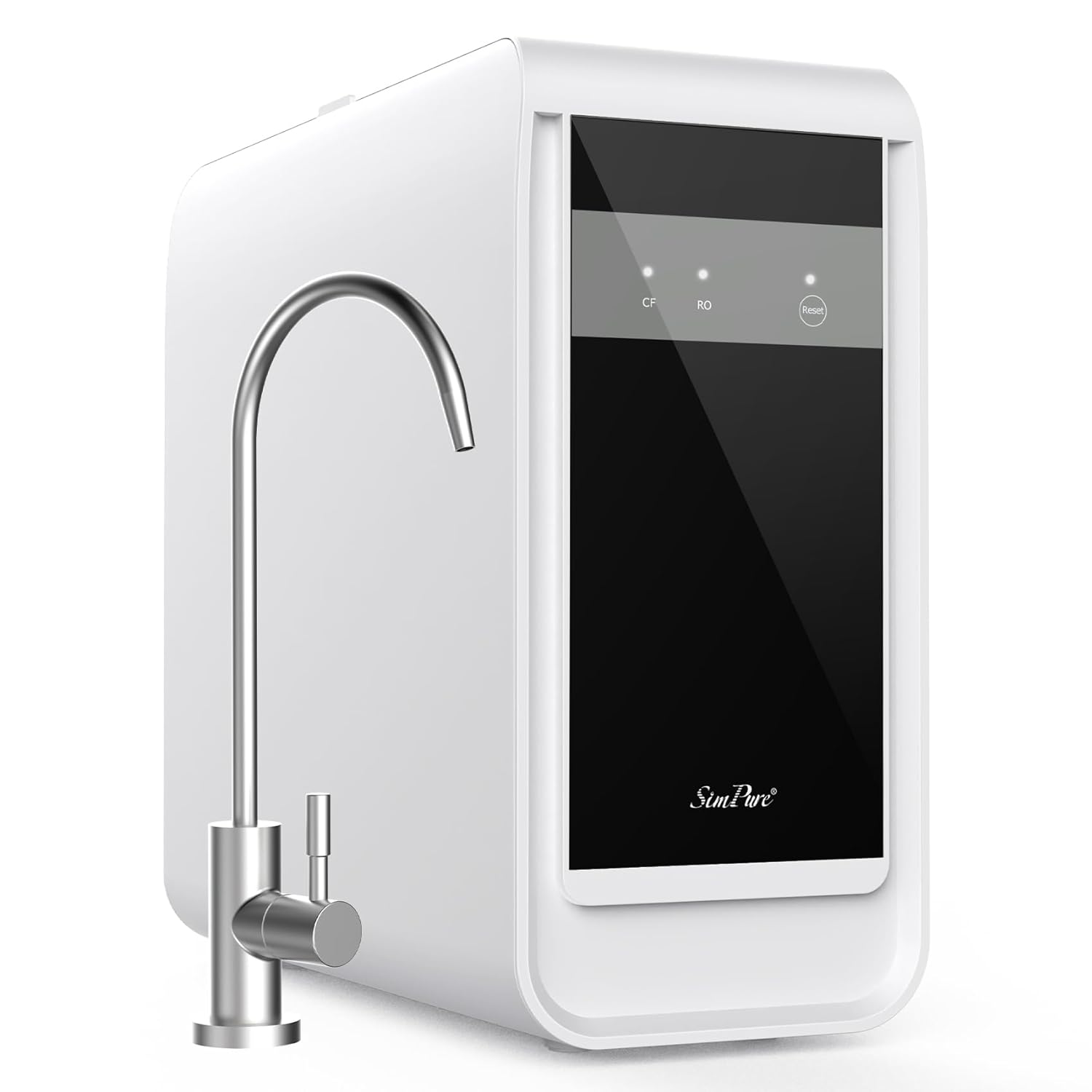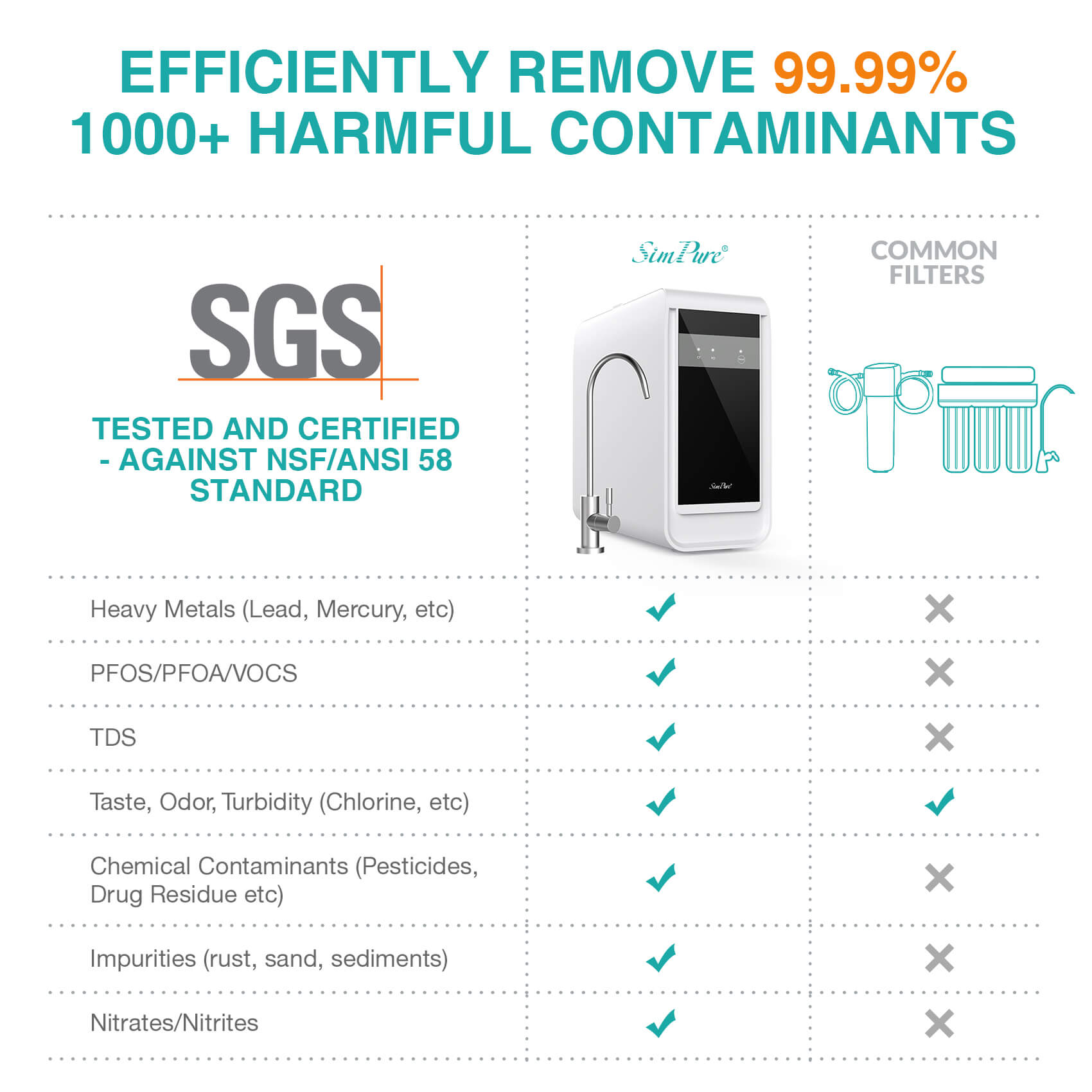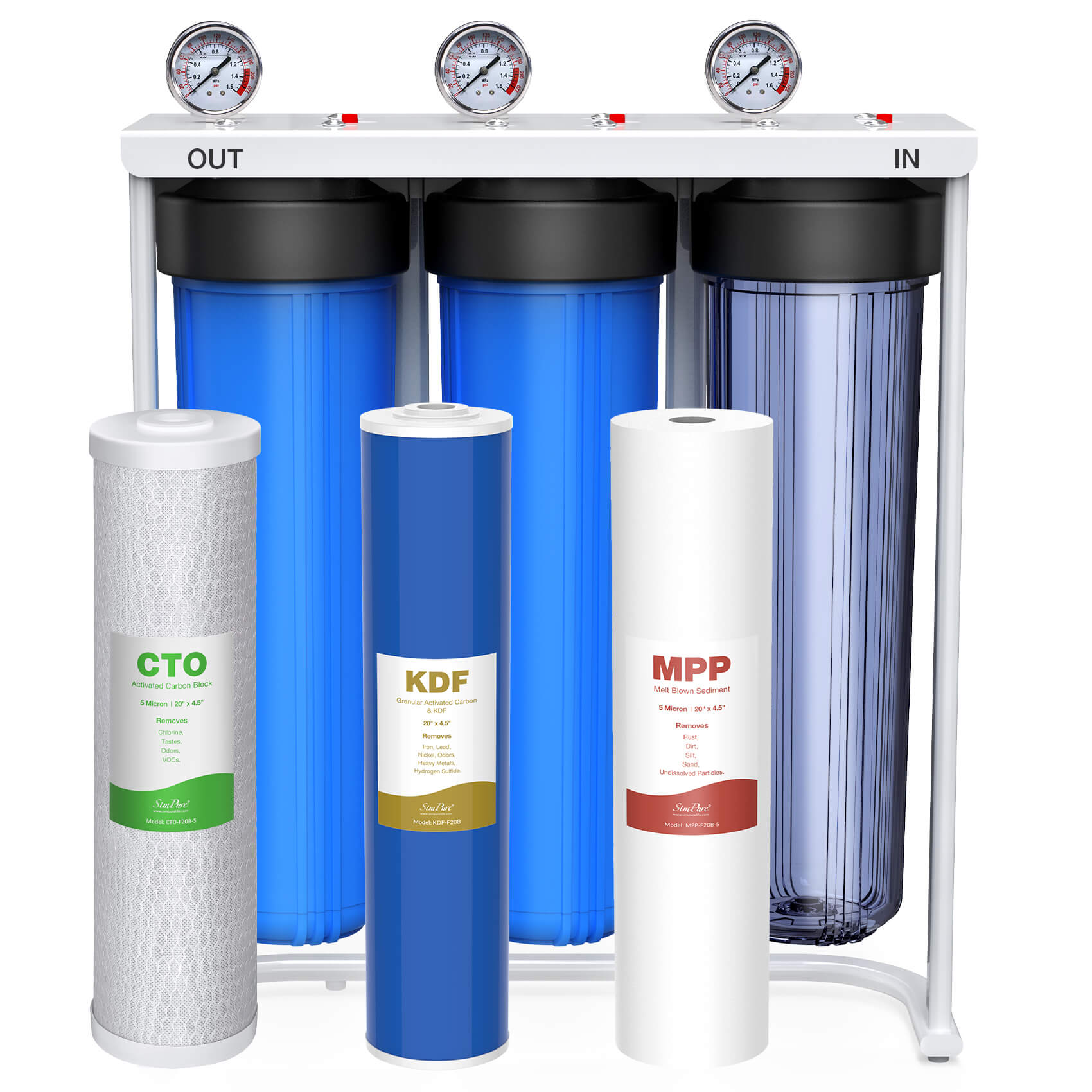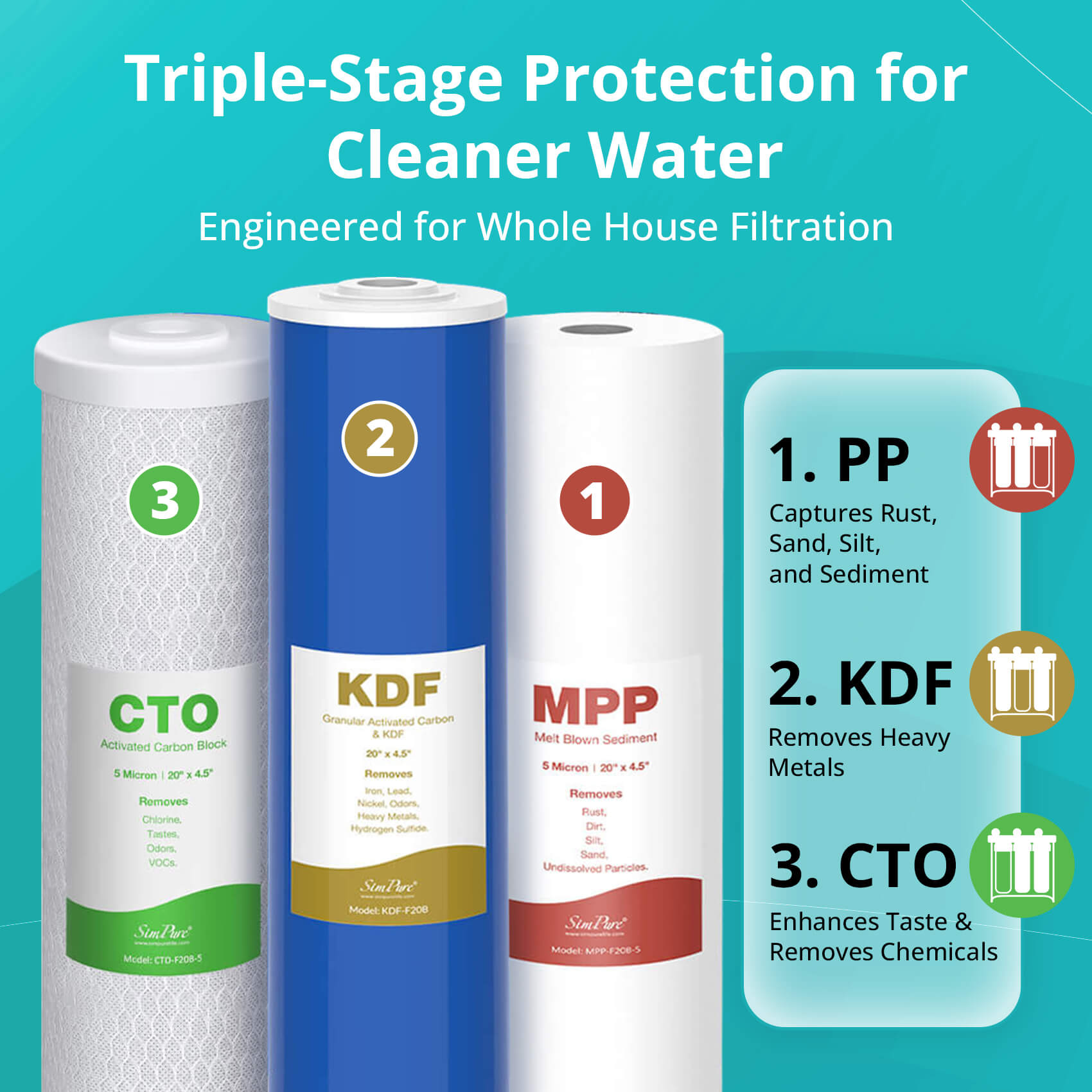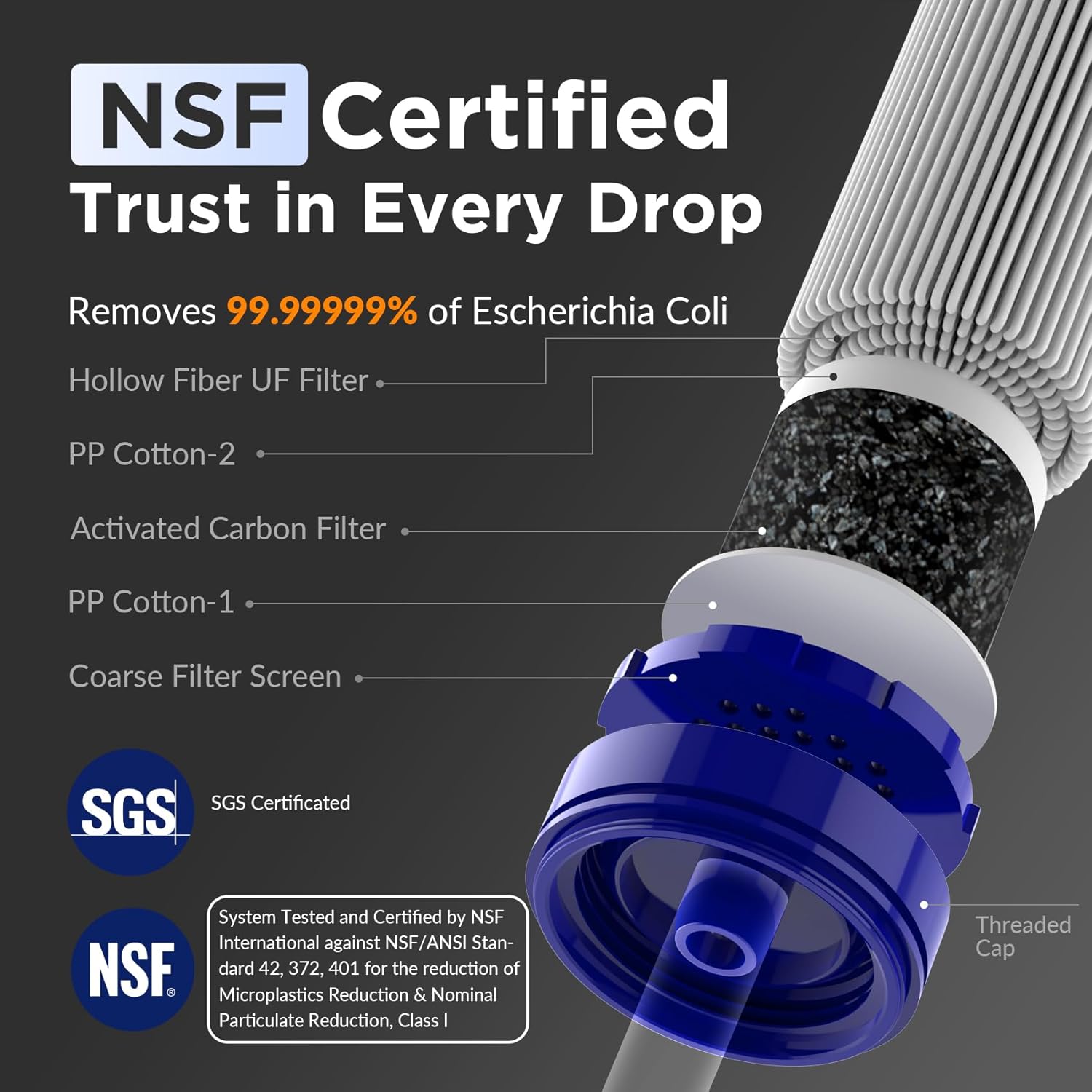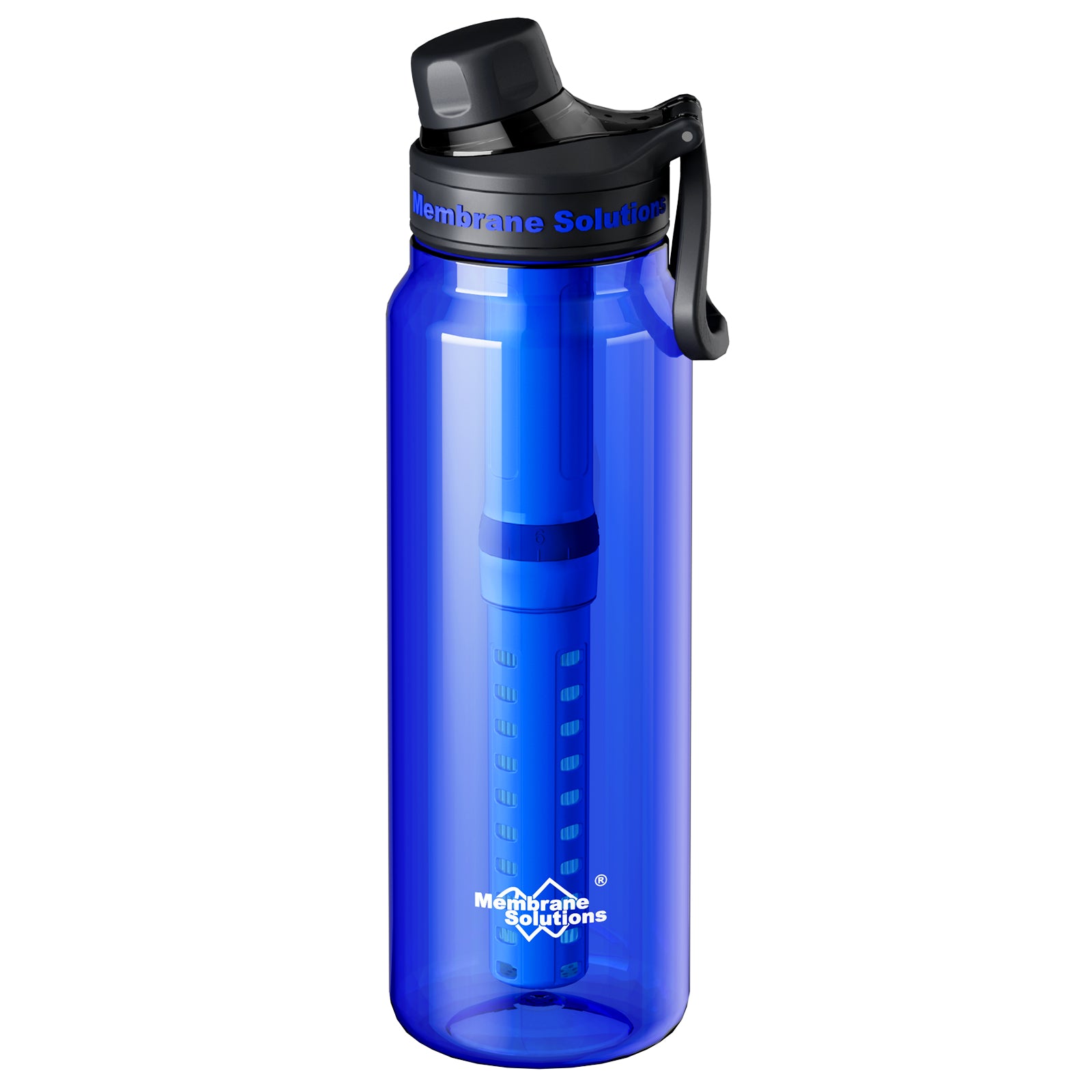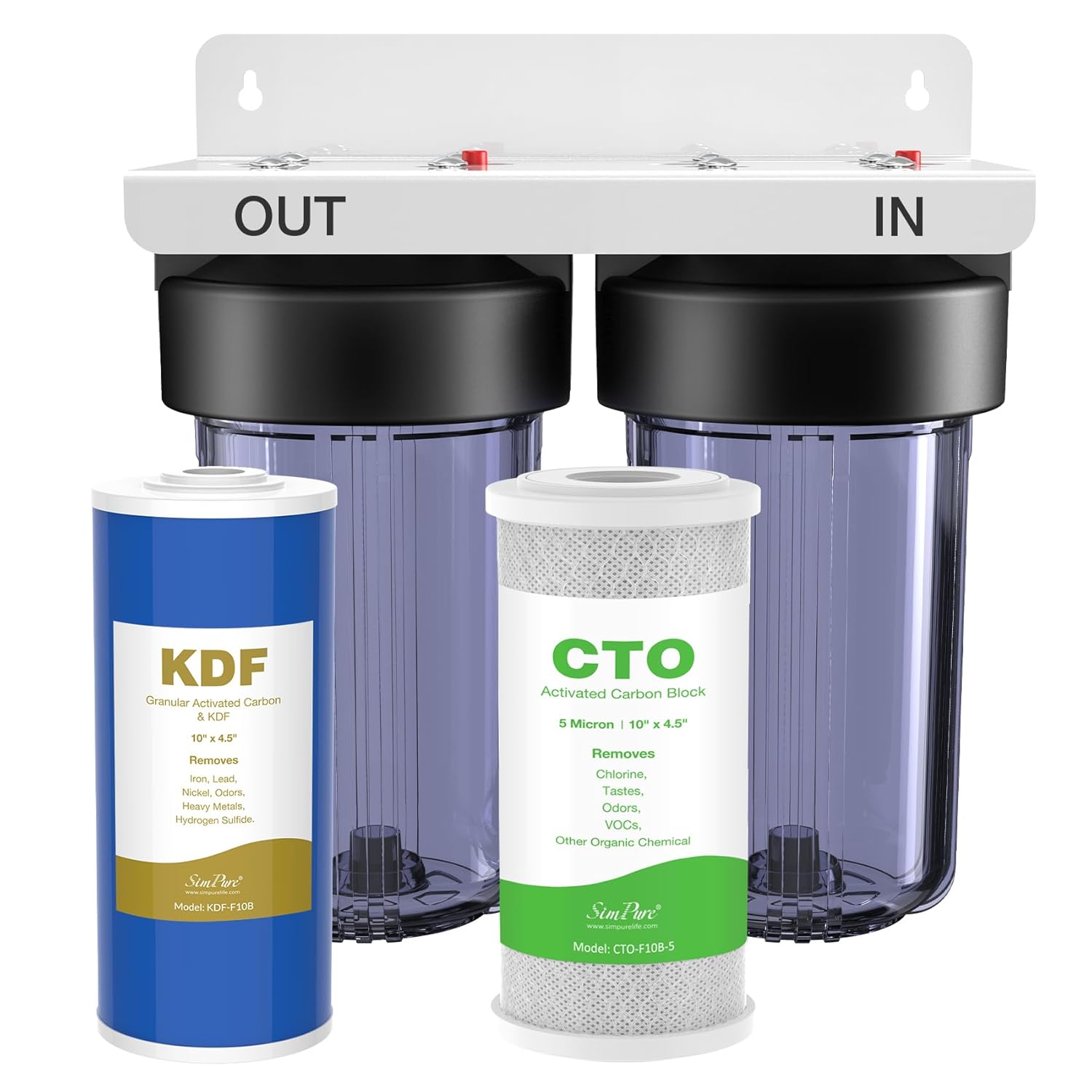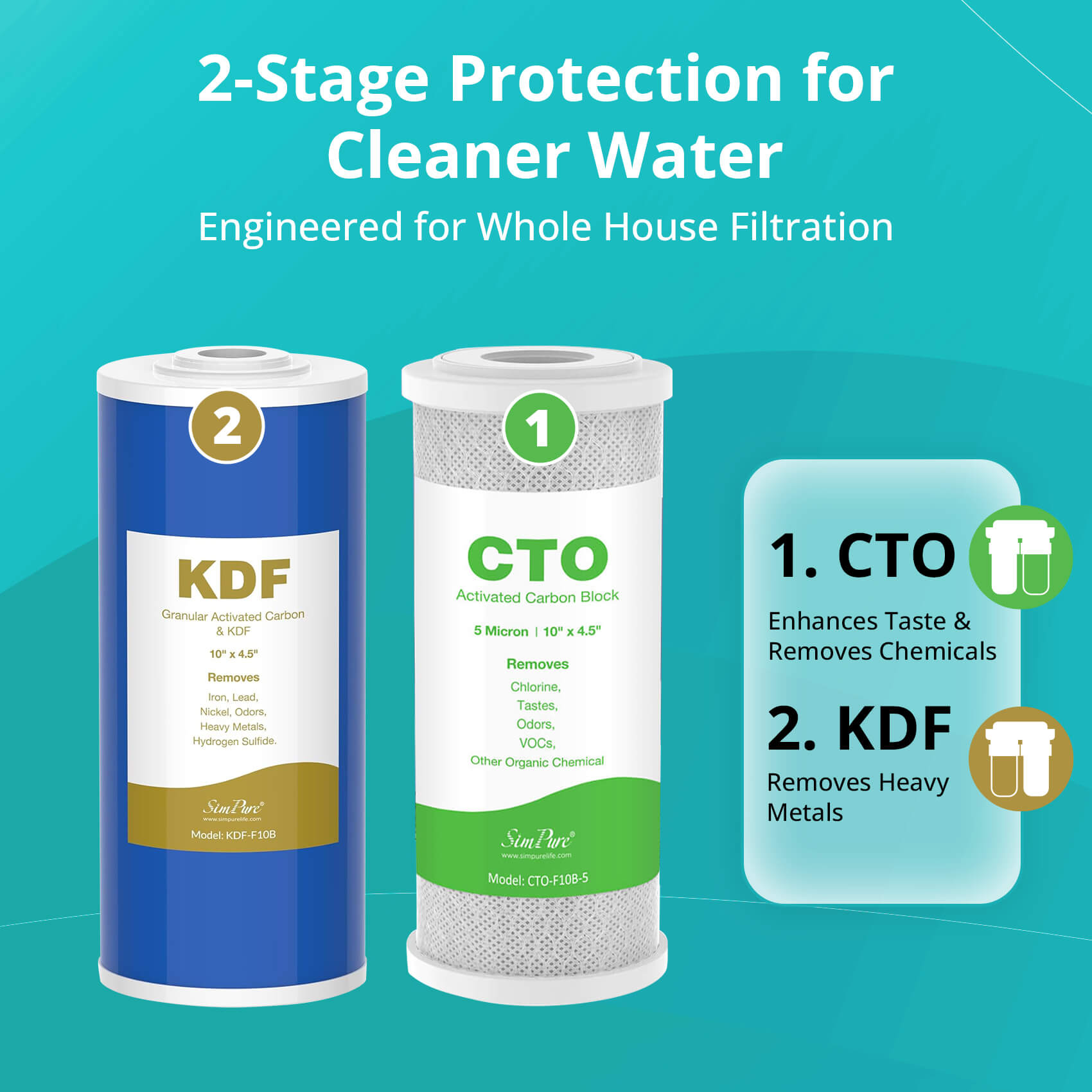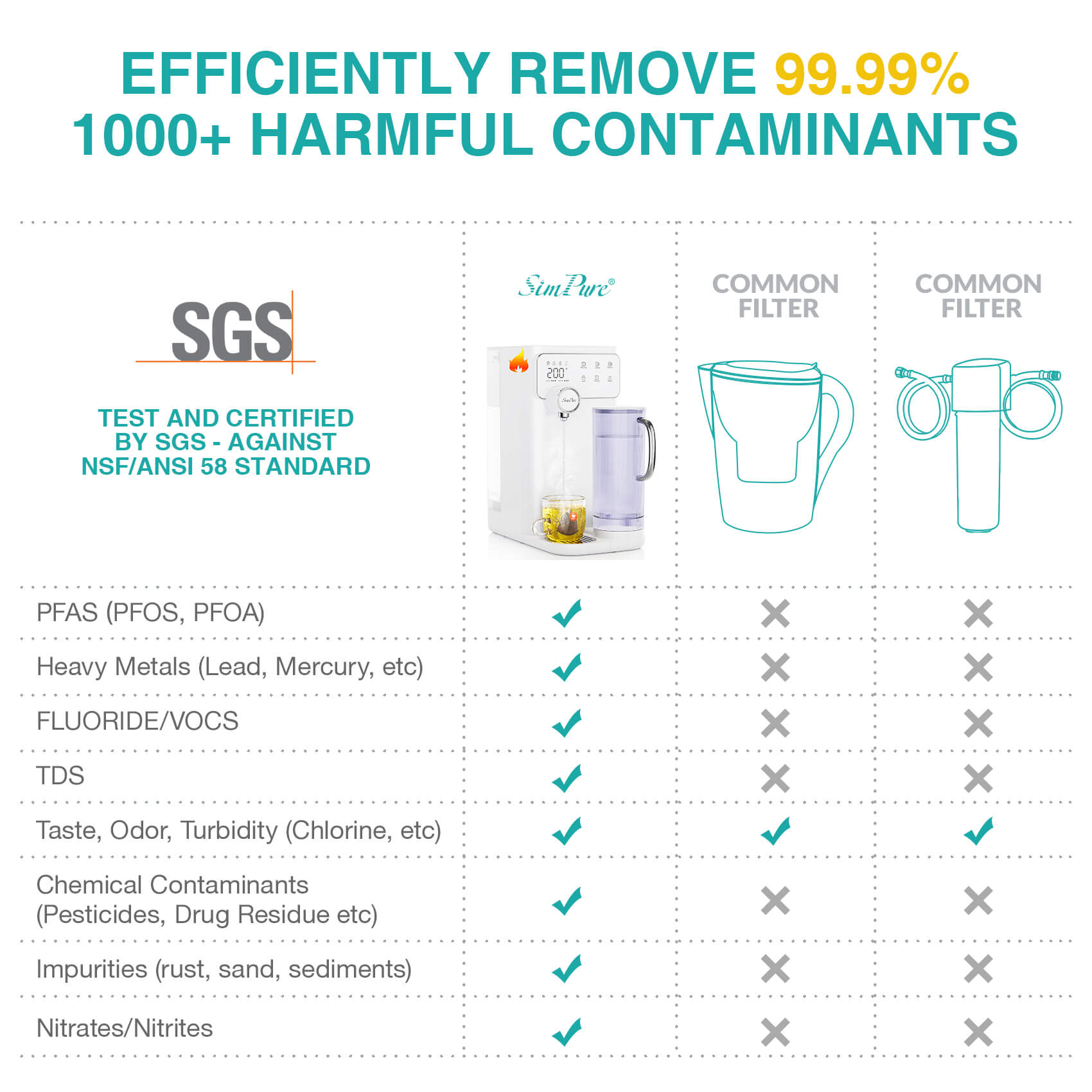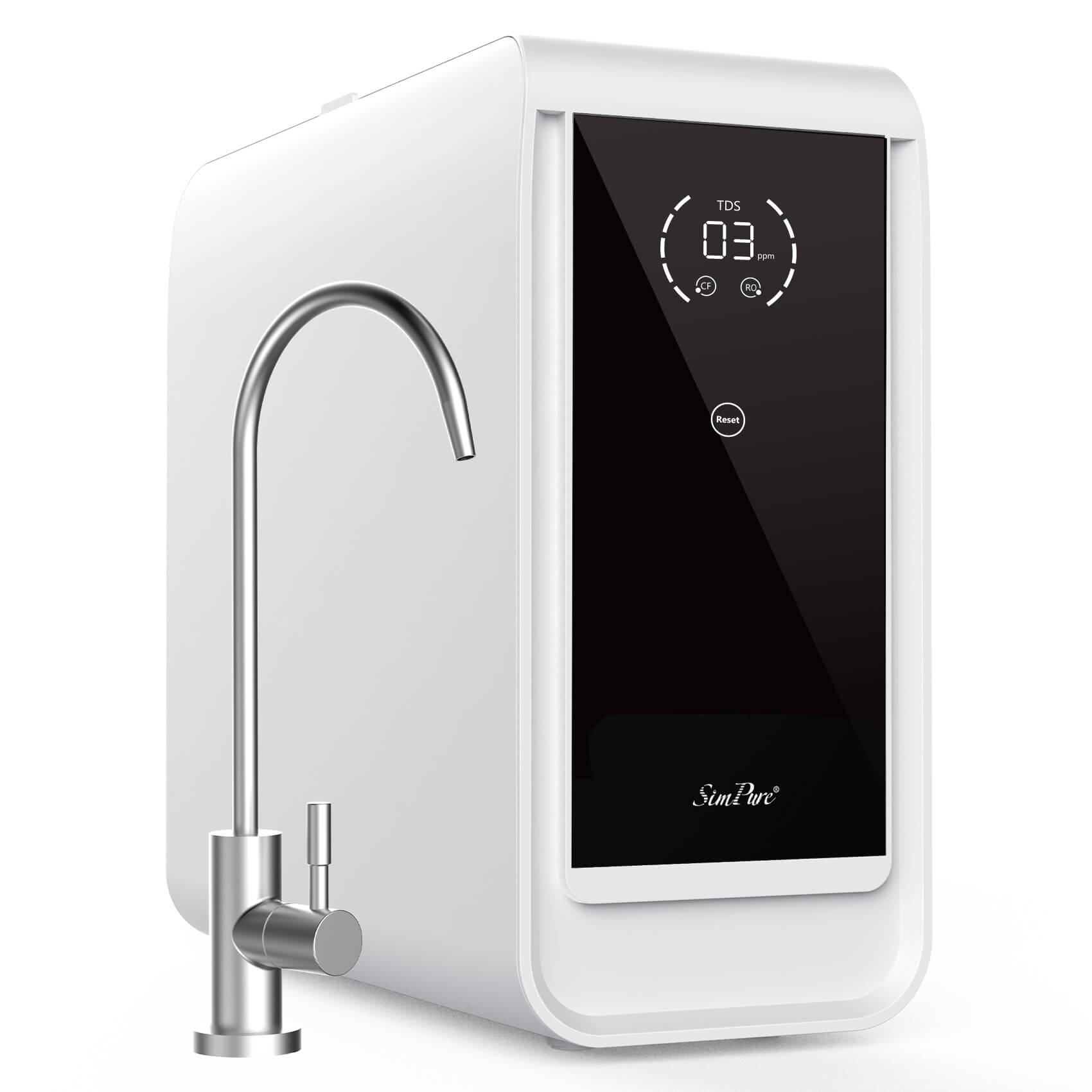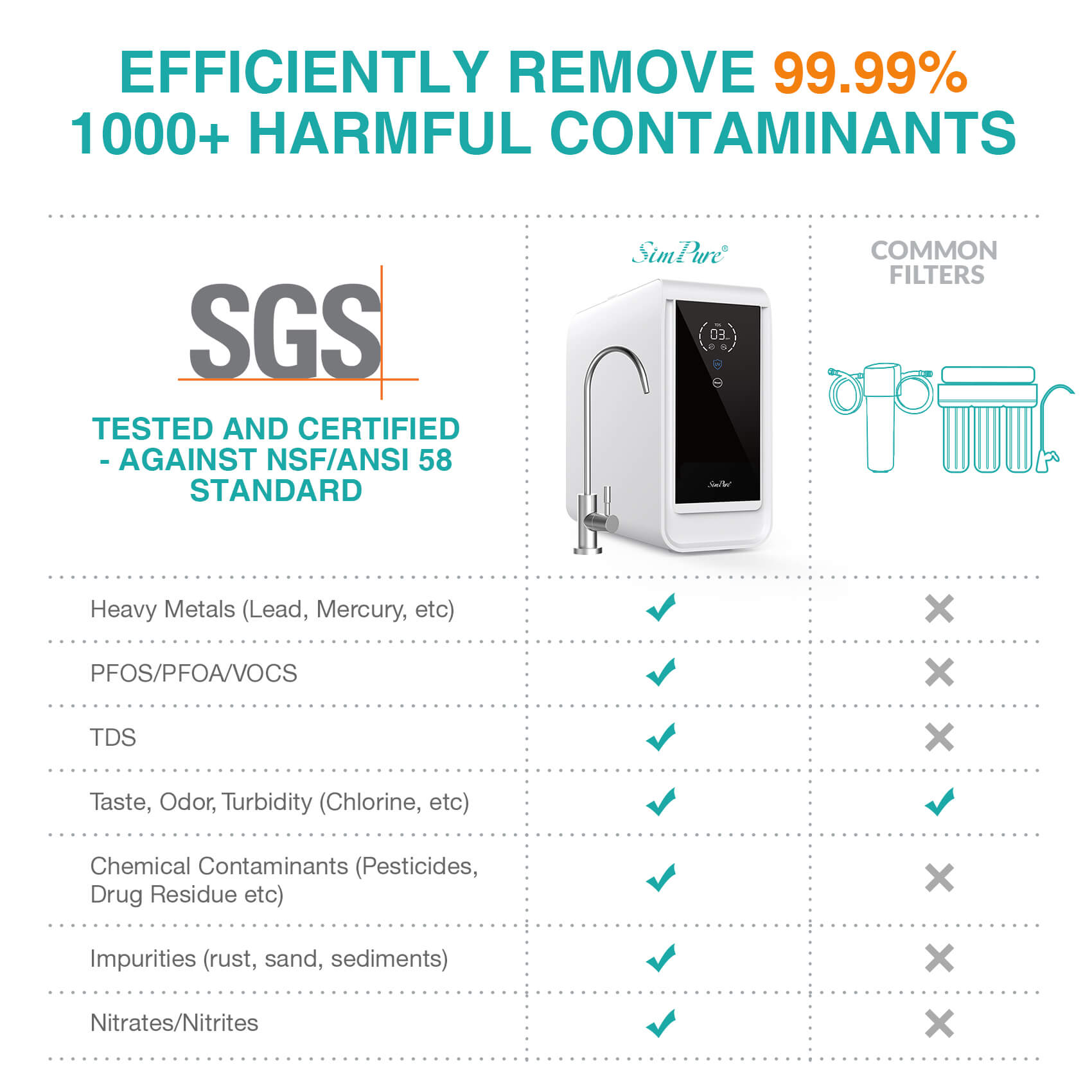Hair is often considered one of our most treasured assets, and it's no surprise that we worry when its health is at risk. Hard water is a common concern among many individuals who fear that it may be responsible for hair loss, just as many people ask does hard water cause hair loss. In this comprehensive guide, we'll explore the intricacies of hard water and its potential impact on your hair.
Table of Contents
The Link Between Hard Water and Hair Problems
The Link Between Hard Water and Hair Problems

The relationship between hard water and hair issues is a complex one. Hard water contains high mineral content, mainly calcium and magnesium, which can accumulate on the hair and scalp over time. This mineral buildup often leads to dry, dull, and brittle hair. While hard water can make hair appear thinner due to breakage, it's crucial to note that it isn't a direct cause of hair loss. Here we will tell you how hard water may impact your hair in detail:
1. Mineral buildup on hair and scalp.
Hard water is laden with minerals like calcium and magnesium, which can accumulate on your hair and scalp over time. These minerals create a residue that adheres to your hair, making it feel heavier and look dull. The buildup can clog hair follicles and disrupt the natural pH balance of your scalp, potentially leading to various hair-related issues.
2. Dryness and lackluster appearance.
When hard water minerals accumulate on your hair, they strip away its natural oils, causing it to become excessively dry and prone to frizz. Dry hair lacks the natural shine and vitality, resulting in a dull and lackluster appearance. Without proper moisture, the hair cuticles also become rough and raised, making the hair less manageable and more susceptible to damage.
3. Increased hair fragility and breakage.
Hard water's impact on the hair cuticle, the protective outer layer, can weaken the structure of your hair strands. This weakening makes your hair more fragile and prone to breakage, often leading to split ends and shorter, damaged hair. The combination of dryness and mineral accumulation can also make the hair more brittle and less resilient.
4. Potential thinning hair appearance.
Although hard water doesn't directly cause hair loss, the cumulative effects can give the appearance of thinner hair. Breakage, dryness, and brittleness may result in less volume and density, making your hair look thinner than it actually is. It's essential to differentiate between the visual effects of hard water and true hair loss, which typically involves a reduction in hair follicles or growth cycles, often influenced by genetic, hormonal, or medical factors.
Strategies to Alleviate Hard Water Effects
1. Install a Water Softener
One effective solution is to install a water softener system. This device removes the minerals responsible for water hardness, ensuring that the water you use for bathing and washing your hair is significantly softer. This helps prevent mineral buildup on your hair and scalp, keeping your hair healthier and more manageable.
2. Use Specialized Hair Products
Opt for shampoos and conditioners specifically designed for hard water. These products are formulated to counteract the effects of mineral buildup, providing a protective barrier for your hair and helping to maintain its natural shine and softness.
3. Consider a Shower Filter
Installing a showerhead filter can reduce the impact of hard water during your showers. These filters remove some of the minerals and impurities, leaving you with softer water that's gentler on your hair and skin. While not as comprehensive as a water softener, they are a cost-effective solution.
4. Whole-House Water Purification
For a comprehensive approach, consider a whole-house water purification system, such as a reverse osmosis system. This not only softens the water you use for showering but also ensures the water you drink and cook with is free from contaminants and excess minerals. A reverse osmosis system provides both hair and overall health benefits, addressing the root cause of hard water-related issues.
Other Reasons that Really Causes Hair Loss
1. Genetics and Family History
One of the most significant factors in hair loss is genetics. If your family has a history of male or female pattern baldness, you're more likely to experience it as well. This type of hair loss, known as androgenetic alopecia, is hereditary and typically follows a predictable pattern of receding hairlines in men and thinning hair in women.
2. Hormonal Changes and Imbalances
Hormonal fluctuations, such as those during pregnancy, menopause, or thyroid disorders, can lead to hair loss. Androgens, including dihydrotestosterone (DHT), play a crucial role in male and female pattern baldness. Hormonal imbalances can affect the hair growth cycle and lead to hair thinning.
3. Medical Conditions Like Alopecia
Certain medical conditions like alopecia areata, an autoimmune disorder, can cause hair loss. Alopecia results in hair follicles being attacked by the immune system, leading to bald patches on the scalp or other parts of the body.
4. Stress and Emotional Factors
High levels of stress, anxiety, and emotional trauma can trigger hair loss. This often presents as a temporary condition known as telogen effluvium, where a significant number of hair follicles enter the resting phase prematurely and result in hair shedding.
5. Medications and Treatments
Several medications, including chemotherapy drugs and some antidepressants, can cause hair loss as a side effect. Additionally, treatments like radiation therapy can lead to hair loss in the treated area.
6. Nutritional Deficiencies
Inadequate intake of essential nutrients, particularly iron, zinc, and biotin, can impact hair health and contribute to hair loss. A balanced diet rich in these nutrients is vital for maintaining healthy hair growth.
7. Hairstyling Practices and Products
Frequent use of harsh hairstyling practices like tight ponytails, braids, or extensions can stress the hair and lead to hair breakage. Overuse of heat styling tools and chemical treatments can also damage the hair, causing it to become weak and brittle.
8. Underlying Health Issues
Various underlying health issues, such as polycystic ovary syndrome (PCOS), lupus, and thyroid disorders, can contribute to hair loss. Identifying and addressing the root cause of these conditions is crucial for managing hair loss effectively.
Daily Hair Care Tips for Maintaining Healthy Hair
To maintain healthy hair and reduce the risk of hair loss, here are some general solutions and daily hair care tips:
General Solutions:
Balanced Diet: Ensure you have a balanced diet rich in essential nutrients, including iron, zinc, biotin, and vitamins. These are crucial for healthy hair growth.
Manage Stress: Practice stress-reduction techniques like meditation and exercise to minimize the impact of emotional stress on your hair.
Medication Review: If you suspect medication is causing your hair loss, consult your healthcare provider about possible alternatives or solutions.
Hormone Management: For hormone-related hair loss, seek guidance from a healthcare professional who can help balance your hormones.
Medical Conditions: If you have an underlying medical condition, such as thyroid disorders or alopecia, consult a doctor for proper diagnosis and treatment.
Daily Hair Care Tips:
Gentle Handling: Be gentle with your hair. Avoid tight hairstyles and excessive pulling, which can lead to breakage.
Limit Heat Styling: Reduce the use of heat styling tools and opt for heat protectants when necessary.
Purify Your Shower Water: If hard water is a concern in your area, consider installing a showerhead filter or a whole-house water purification system we have introduced above to soften the water.
Choose Mild Hair Products: Use sulfate-free shampoos and conditioners, as harsh products can strip the hair of its natural oils.
Regular Haircuts: Get regular trims to prevent split ends and maintain healthy hair.
Scalp Care: Keep your scalp clean and well-moisturized. Scalp health is vital for hair growth.
Proper Hair Drying: Pat your hair dry gently with a soft towel or let it air dry to avoid damaging wet hair.
To sum up, while hard water can indeed affect hair quality, making it dry, brittle, and prone to breakage, it doesn't directly cause hair loss in the way many might fear. For those in areas with hard water, installing water softeners, filters, or purifiers for showers can significantly improve hair health. Equally important is recognizing the multifaceted nature of hair loss and seeking medical advice when hair loss becomes a serious concern. Early intervention, whether in water management or healthcare, is the path to healthier, more resilient hair.
Grab Special Offers


